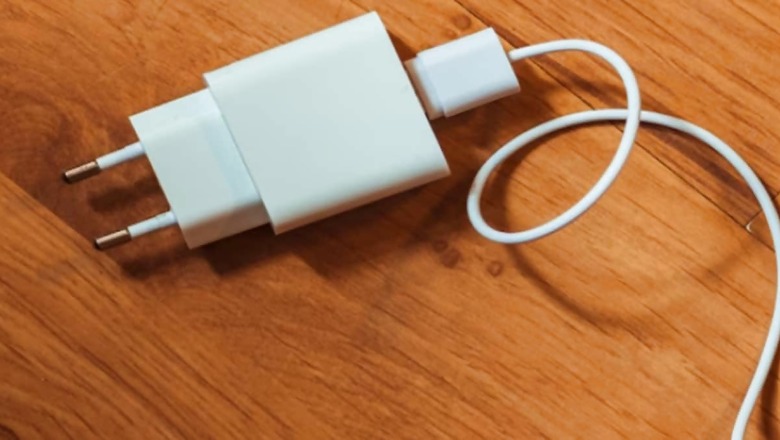
views
People often find themselves in situations where their devices’ (smartphone, laptop or tablet etc.) batteries are running low, and they may be tempted to use any available charging point to replenish their device’s power. This happens mostly when you are not in your home or office and you have to use a public charging facility while travelling or any other reason. This scenario creates an opportunity for fraudsters to exploit unsuspecting users through juice jacking.
According to a RBI booklet on modus operandi of financial fraudsters in the financial space, in one of the scams, called as juice jacking, these fraudsters steal your critical data compromising several details, which can lead to financial loss.
Also Read: ATM PIN Scam Alert! What Is ‘Shoulder Surfing’? Here’s How To Protect Debit Card PIN
Juice jacking: Modus Operandi
Juice jacking involves malicious individuals exploiting public charging stations, such as USB ports or charging kiosks, to steal data from or infect the devices of unsuspecting users. The term “juice jacking” is a play on words combining “juice,” which is a slang term for electric power or energy, and “hijacking,” indicating the unauthorised access to a device.
Readers must note that the charging port of a mobile can also be used to transfer files / data.
Fraudsters use public charging ports to transfer malware to phones connected there and take control, access or steal data sensitive data such as emails, SMS, saved passwords, etc. from an individual’s mobile phone.
Juice jacking can potentially lead to money loss and financial harm. While the primary goal of juice jacking is often to steal sensitive information from connected devices, such as passwords, credit card numbers, or banking credentials, attackers can use this stolen information to gain unauthorised access to your financial accounts.
Once an attacker has access to your online banking or financial accounts, they can conduct fraudulent transactions, make unauthorised purchases, transfer money out of your accounts, or even open new credit lines in your name. This can result in direct financial losses for the victim.
Here’s how the juice jacking scam typically works:
Setting up a trap: The attacker installs malicious software or hardware on a public charging station, often in locations like airports, railway stations, hotels, or other crowded areas where people are likely to seek charging solutions for their devices.
Tempting the target: The attacker might label the charging station as a “free charging” station or make it look like an official charging point to entice users into using it.
Data theft or malware installation: When a user connects their device (such as a smartphone, laptop or tablet) to the compromised charging station via a USB cable, the malicious software or hardware on the station can then access the device. The attacker can steal sensitive data like passwords, photos, contacts, or other personal information from the connected device.
In some cases, malware may be installed on the user’s device, enabling the attacker to continue accessing the device remotely even after it has been disconnected from the charging station.
Precaution
- It is advised to avoid using public, unknown charging ports and cables. Whenever possible, use your own charger and electrical outlet or a portable power bank to charge your devices.
- Keep your device’s security features, such as passcodes, fingerprints, or facial recognition, enabled to add an extra layer of protection.
- Be cautious when using public Wi-Fi networks, as they may also pose security risks. Avoid accessing sensitive information or conducting financial transactions on unsecured networks.
- Also, ensure that your devices are running the latest operating system and have up-to-date antivirus software to mitigate potential security vulnerabilities.




















Comments
0 comment